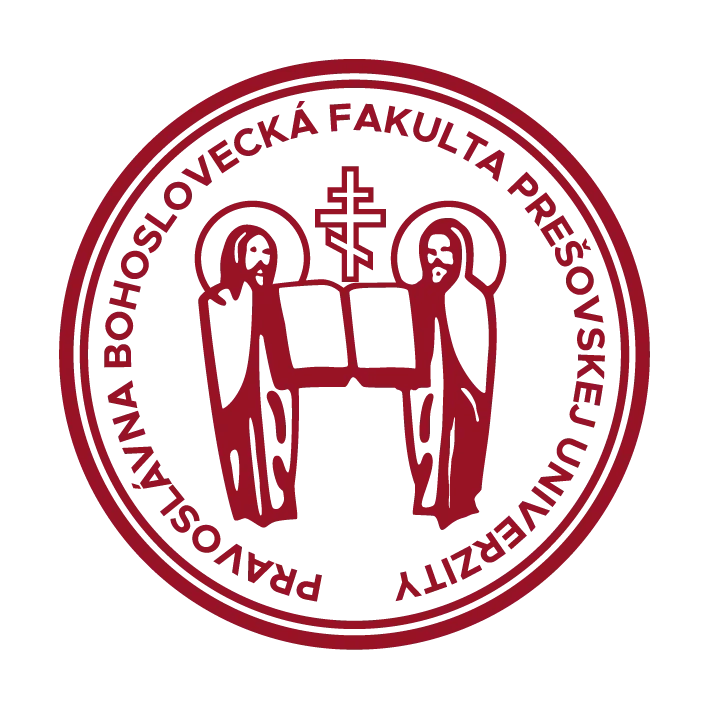PILKO Jan - Acta PATRISTICA, volume 12, issue 25/2021
ANTHROPOLOGY IN THE HOLY FATHER LEARNING
/ANTROPOLÓGIA V UČENÍ SVÄTÝCH OTCOV/
Jan PILKO
assistant professor, Faculty of Orthodox Theology, University of Presov, Masarykova 15, 08001 Presov, Slovakia, jan.pilko@unipo.sk, 00421517724729
Abstract
Current theology is characterized by increased attention to anthropological problems. In relation to Catholic thinking, it is common to speak of the "anthropological reversal" that occurred in the second half of the 20th century, when man became the center of theological research. The basic principles of Orthodox anthropology are the truths expressed in the first chapters of Genesis: man is the creation of God, he is created in His image and likeness, but in his free self-determination he falls away from his original bliss. It is on these principles that the doctrine of man by the Holy Fathers and contemporary Christian theologians is built. We do not find detailed teachings about man in the works of the Holy Fathers. Of course, they did not completely bypass this question, but its analysis cannot be compared to the treatment of the Trinity and Christological dogmas. However, this does not mean that we cannot solve anthropological problems within the framework of patristic thinking. Freedom is one of the most distinctive qualities of human form. Creation in the image and likeness of God presupposes communion with the Divine Being, communion with God. In this paper, we will try to summarize the individual views of church writers on the question of God's image and likeness in man as well as on human freedom.
Keywords
Anthropology, freedom, creation, God's image in human, philosophy
SUMMARY
The Holy Fathers' theological merit with which they entered the history of Christian thought is, as is well known, thanks to Trinitarian terminology. Saint Gregor of Nyssa wrote a special treatise on man ("De opificio hominis"), which, however, is not yet the basic system of anthropology. In addition, among the ecclesiastical writers and the Fathers of the Church, we find only individual thoughts about the person, which are scattered in various works. Nevertheless, it is not possible to seek answers to the questions of anthropology that interest us only in these works or expressions of anthropological content. We hear a very important answer, precisely in the area that actually made the Cappadocian Fathers famous in the field of Trinitarian issues, for example. As their efforts were aimed at clarifying terminology, in the same way that they determined the difference between "essence" and "hypostasis" in God, they served a great service to human science when they gave an idea of what hypostasis was. The Holy Fathers gave a theological definition of a person. Thanks to this, they found the metaphysical basis for human hypostasis, they understood the theological and personalistic value of a person. Man has a special quality - reason, which distinguishes him from other animals. Therefore, the most important good for man is wisdom and prudence. It is impossible for the soul to exist without the knowledge of the Creator because ignorance of God is death for the soul.
(Language: slovak)
